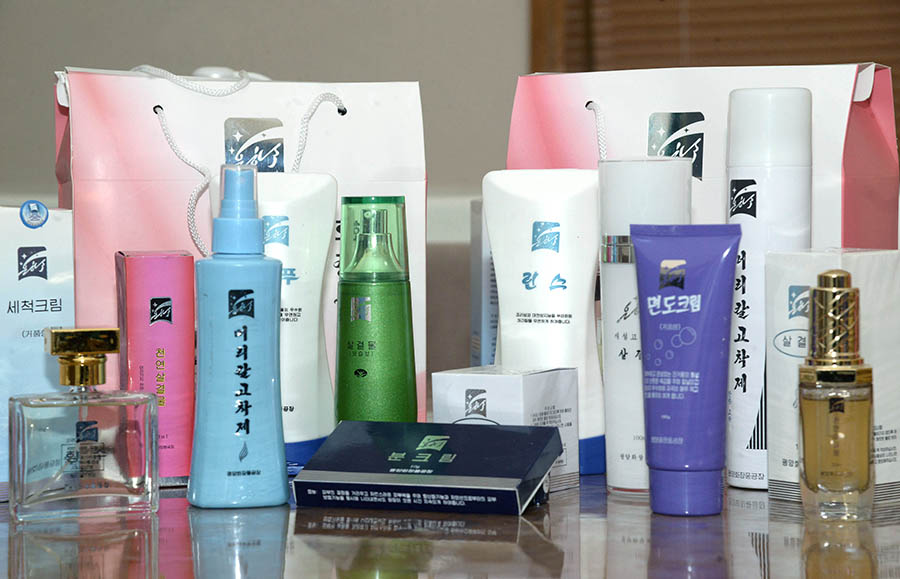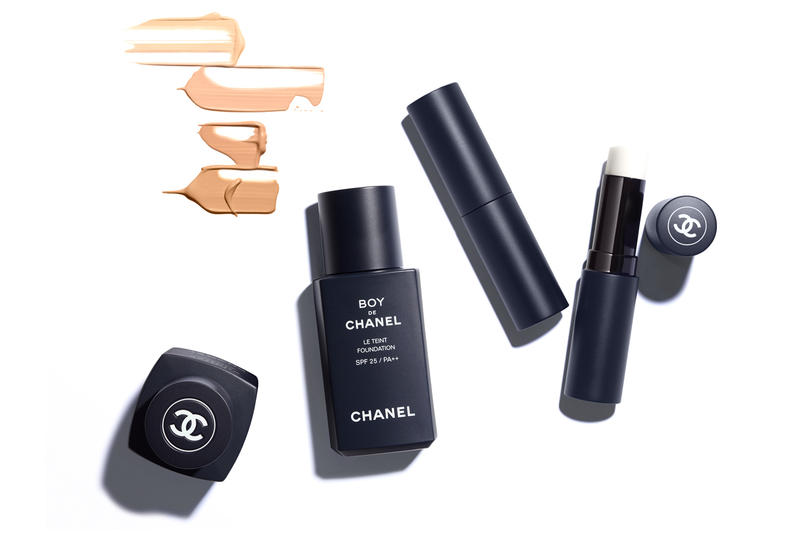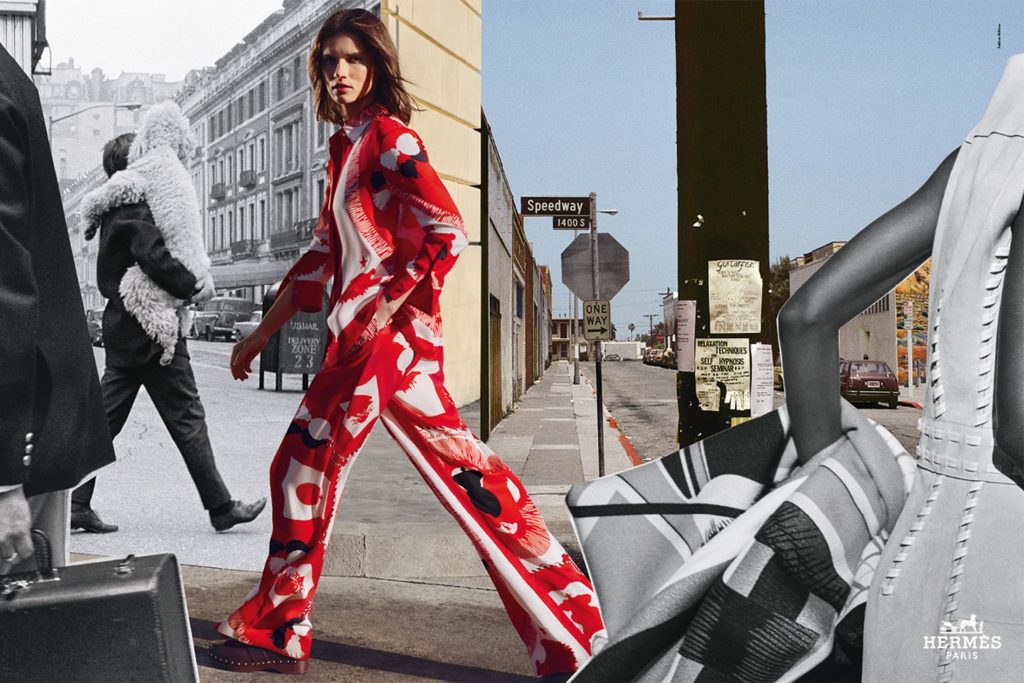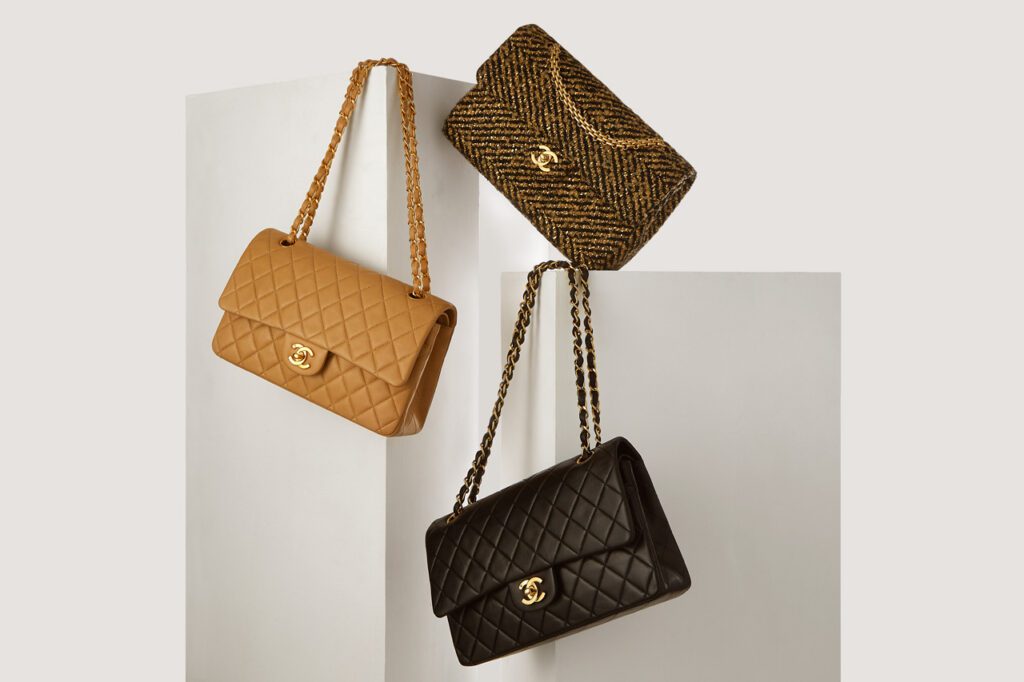North Korea might be known for its efforts to compete with the world’s nuclear super powers by way of home-grown missiles, but the country is aiming to compete with Chanel moisturizer, as well. Under the watch of Kim Jong-Un, the 34-year old dictator who took over North Korea upon the death of his father in 2012, the isolationist East Asian nation is in the midst of what media reports call an “industrial evolution,” including expanding upon its domestically-made cosmetics offerings with ones that rival those of luxury brands.
The Hermit Kingdom – as North Korea has been coined as a result of its status as the most insulated country in the world – has, for years, manufactured a relatively small amount of cosmetics. The Sinuiju Cosmetics Factory, for instance, first opened in 1945 “with the aim of producing toothpaste, soap and face cream for the local market,” WWD reported in 2013.
In the 1960’s, the Pyongyang Cosmetics Factory followed. In addition to manufacturing Unhasu – one of the two main beauty brands in the country (along with Sinuiju Cosmetics’ Bomhyanggi brand), Pyongyang Cosmetics is responsible for several hundred various beauty products, from moisturizers and color cosmetics to anti-aging creams and skin lightening treatments.
Most, if not all, of Pyongyang Cosmetics’ 300 different North Korea-made products – which max out in price at about $100 – are based on internationally known ones, such as those from Chanel, Christian Dior, La Mer, and Japanese giant Shiseido. As Chinese state-run media outlet, the Global Times, revealed this fall, Jong-Un has very strict instructions for the laborers behind the nation’s cosmetics: produce “the world’s best cosmetics” to rival internationally renowned brands.
More than that, though, the young dictator has provided the factory with exactly the types of products he has in mind. “Our beloved leader sent us 138 kinds of cosmetic products from different world-famous brands, and we have made a detailed analysis,” Lee Seon-hee, the chief engineer for Pyongyang Cosmetics, told the Global Times in September when the factory opened its doors to the media for the first time ever.
Beyond simple analysis, though, with these products in hand, the Pyongyang Cosmetics teams can review their ingredients lists and reverse engineer their composition to create similar versions.
 image via exploredprk
image via exploredprk
Jong-Un has reportedly done the same for the country’s Ryuwon shoe factory, which is busy churning out “virtual copies of western brands from Puma to Nike, alongside more experimental hybrids, including Asics patterns on a loafer sole,” according to the Guardian. The lookalike sneakers are meticulously copied from authentic pairs that Jong-Un has delivered to the factory in Pyongyang “so the workers can see and touch them.”
The North Korea-made wares and cosmetics are – in part – made for domestic consumption. Since United Nations member states are prohibited from directly or indirectly supplying premium products to North Korea as a result of sanctions fashioned to punish North Korea for its missile and nuclear programs, the country’s small elite population is forced to rely on state smuggling of luxury goods from the likes of China and Singapore (both of which are UN members) or rely on domestically-made counterfeits.
Beyond sales to North Korea citizens, the country’s cosmetics have a small global footprint, as well. Unlike bans on the importation of products into North Korea, global sanctions do not prohibit the country from exporting certain products, including from its manufacturing sector.
As the Global Times asserted, Russia placed its first order with Pyongyang Cosmetics in September, and “the cosmetics are being exported to other nations,” as well. A reporter for the Chinese publication noted that the company says that it will export cosmetics to Iran, Cyprus and Australia “in the near future,” but that its representatives “refused to reveal detailed information about the orders,” claiming that such information amounts to “a business secret.” The company will confirm, however, that it is in the process of ramping up production in order to meet demand.
According to a recent report from the Korea Times, China already maintains retail-related ties with North Korea, even if it is difficult to transport products from North Korea to China. “Chinese state-run media have also been highlighting North Korean cosmetic products,” the Korea Times’ Jung Da-min wrote this summer. Still yet, there are “a dozen stores selling the Bomhyanggi cosmetic products on China’s e-commerce platform Taobao.”
North Korean state news agency KCNA has stated in the past that the country also exports its cosmetics to Venezuela.
Following in the footsteps of his father, who called on North Korean workers to produce more cosmetics of “good quality with world competitive power” in the early 2000’s, Kim Jong-Un has been talking up the potential for North Korean products to become globally recognized brands – but better.
“Our products have caught up with or even surpassed these international brands in terms of nutrition constituents,” Lee said this fall, telling the Global Times that many of their cosmetics “contain abundant extracts from plants and animals that grow or live in North Korea,” making them “safer compared with competitors’ products.”
As for the factory’s immediate goals? “Our priority is to meet the domestic demand for cosmetics, make sure our people get access to cosmetics of higher quality, and ensure that the quality of our products overtakes other international brands,” she said. “By then, the quality of our products will be recognized by the world.”











